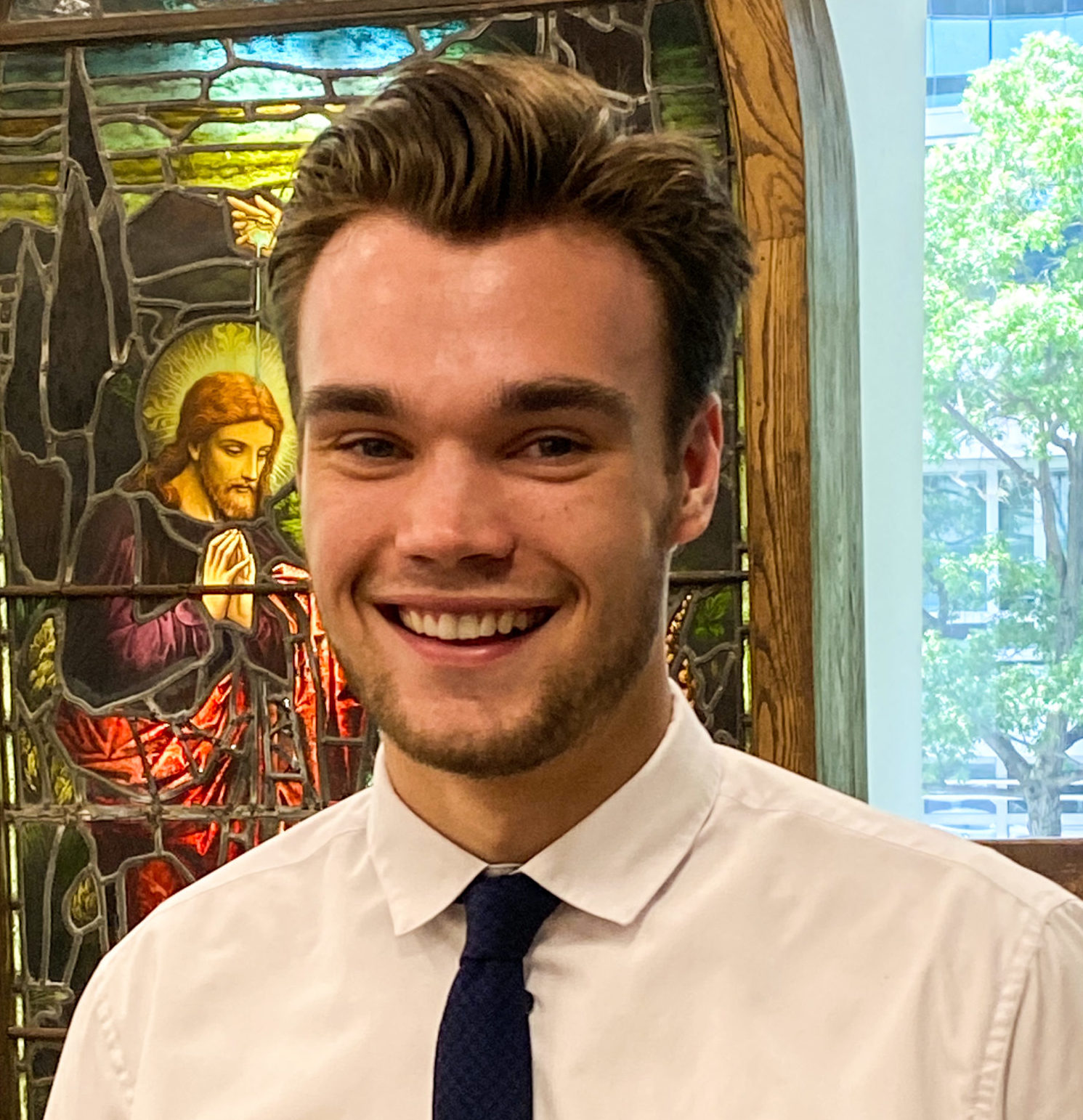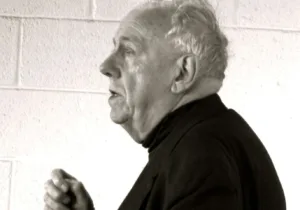A Labor Day Review of How to be a Patriotic Christian: Love of Country as Love of Neighbor by Richard Mouw, InterVarsity Press, 2022.
Richard Mouw is an American, and he loves his country the most, according to his newly released How to be a Patriotic Christian: Love of Country as Love of Neighbor. In a limited defense of hyperbolic national affection, he recounts a hilarious story of how his nine-year-old self was filled with guilt and pious concern over purchasing a Mother’s Day card praising his mother inordinately when there might be another mother “who had risked her life to rescue her child from a burning building—which would make her a greater mother than the one I had.” Such pleasurable anecdotes pepper the pages of this publication.
Affability is a strength of this work and a breath of fresh air into the Evangelical discourse on the nation. While patriotism is frequently juxtaposed against “dangerous nationalism” in our national discourse, especially since the end of President Trump’s term in office, Mouw closes the gap considerably and brings the Magisterial Protestants, Christian Nationalists, Christian Democrats, moderates, neo-liberals and Progressives back to the negotiating table. He believes America holds to a shared vision, but it is more Christian than Jeffersonian. He believes America is also a people tied together by a shared land, love, and history of what is good. Besides his frequent use of Scripture, he quotes widely from theologians like Thomas Aquinas, Abraham Kuyper, and John Calvin, American pastors like Philips Brooks and MLK, and American public figures of the 1960s like James Baldwin and President Kennedy, to argue that Christians have a duty to love their country and to hold it to a high standard. Yet, for Americans, that high standard is expected because of the unique blessings given to her by Divine Providence.
Mouw’s theology of nations is worthy of comment here. As a neo-Calvinist, he hopefully awaits the blessing of nations from God as suggested in Psalm 72 and Isaiah 60, something more likely found in a nineteenth-century sermon than in most Christian books on statecraft today. But the seemingly antiquated theology allows him to adopt much of the 1960s cultural revolution (in which he notably participated) without it threatening his view of the nation as having a distinct if confusing Christian impression.
Particularly interesting to the contemporary reader is how strands of Mouw’s thought are clearly defended by younger contemporaries on both sides of the Evangelical aisle. He is a Liberal in the sense used by T.S. Eliot, who memorably argued that “[liberalism] is a movement not so much defined by its end, as by its starting point; away from, rather than towards, something definite. Our point of departure is more real to us than our destination.” He assumes a deep plasticity to American culture and life, gladly defending homosexuals, Muslims, and refugees as constituencies of the American project. Yet many of his conclusions would be startingly “conservative” to a regular reader of elite-adjacent publications such as Christianity Today, which published no less than twelve articles critical of America and civil religion last Independence Day.
Refusing to be cowed by idealogues, he offers thoughtful defenses of civil religion, American flags in churches, and magisterial Reformed political thinkers, even as he laments the historic inequitable enforcement of the law against black Christians and repeatedly praised contemporary churches for assisting “undocumented immigrants” and refugees across America.
The short book tries to allow for context to shape our experience, and rarely rules out different political approaches (although Mouw does defend America’s republic against the English constitutional monarchy), considering prudence and continuity with one’s own history as essential elements of good governance. There are few timeless rules for political engagement, and Mouw is willing to argue both respect of government as a Christian principle and also gladly support Bonhoeffer or black South Africans in their rebellion (and sympathize with North Korean believers). Here he shows his quintessentially American character, where a level of practical concerns keep him from expositing ideal principles besides his casual exegesis of biblical texts. Even where he makes universal claims, such as in his support of Tim Keller’s New York Times op-ed “How Do Christians Fit In the Two Party System? They Don’t,” one can almost hear Tocqueville’s timeless observation:
Religion in America takes no direct part in the government of society, but it must be regarded as the first of their political institutions, for if it does not impart a taste for freedom, it facilitates the use of it… I am certain that they hold it to be indispensable to the maintenance of republican institutions.
While the Vietnam War-protestor-turned-Evangelical-theologian will satisfy few readers, he reinforces the foundation Tocqueville noticed religion played in American democracy: greasing the skids on which all of American civil society ran.
And here is where what many on the Right might call his great weakness: Mouw’s interest in argument and civil debate for its own sake without offering consistent political solutions, is actually precisely part of how he sees American Christianity succeeding. America has always functioned at its best when Christianity was the civil religion which allowed for a healthy pluralism, while grounded in a shared love in a fallen world. Questions of politics are important for the Christian, and Mouw never demeans rigorous and even sharp conflict, but preceding any political engagement for the Christian must be a love of home and trust in God’s providential hand:
My country also falls far short of perfection, plagued by frailty and frequently touched by misfortune. But I also see in the United States something of a beauty that I find endearing, and I want to love America, not because it is the greatest nation in the world, but because it is my country, the place where the Lord has placed me…It is simply the accept the particularity of my own place in the world.






